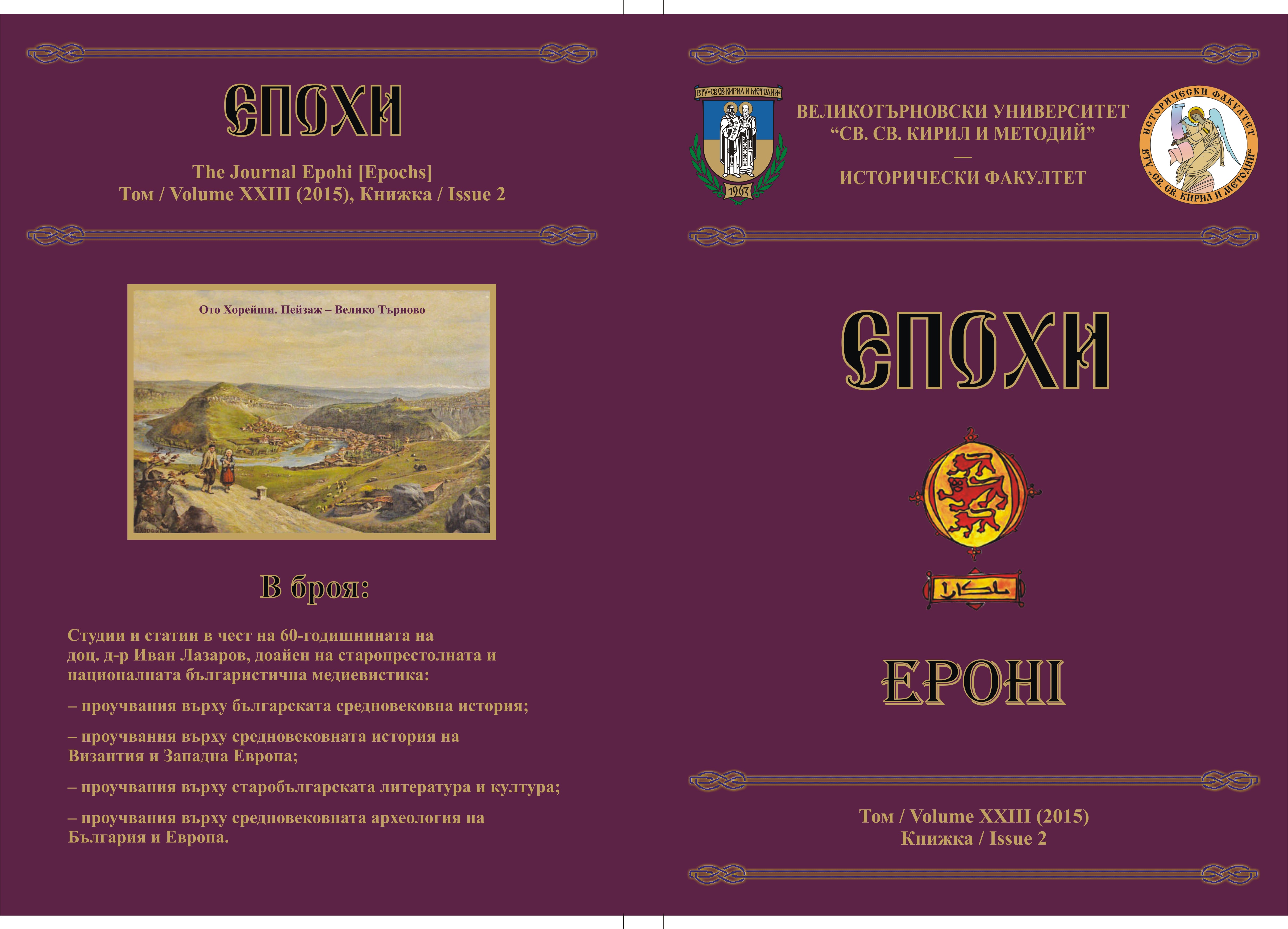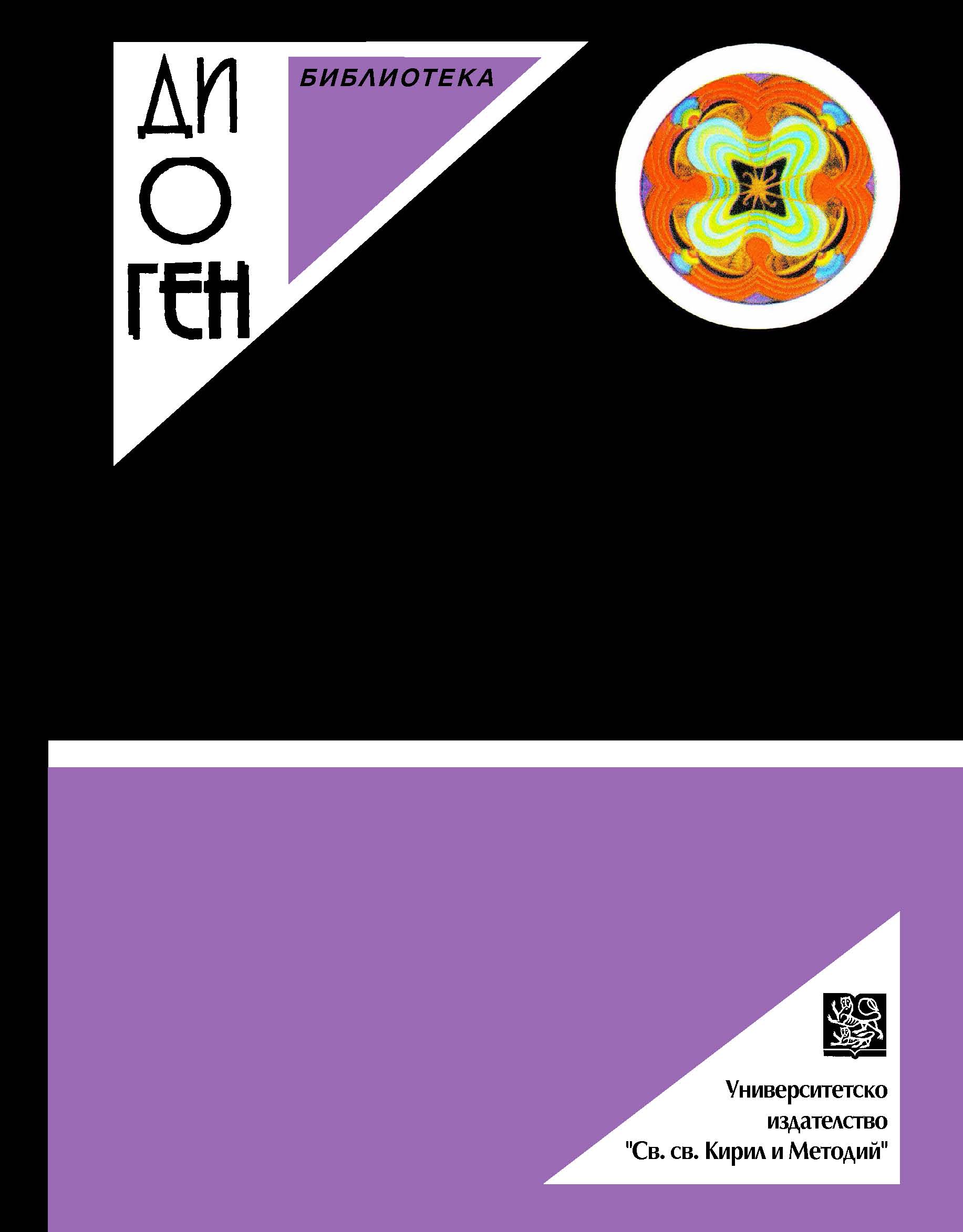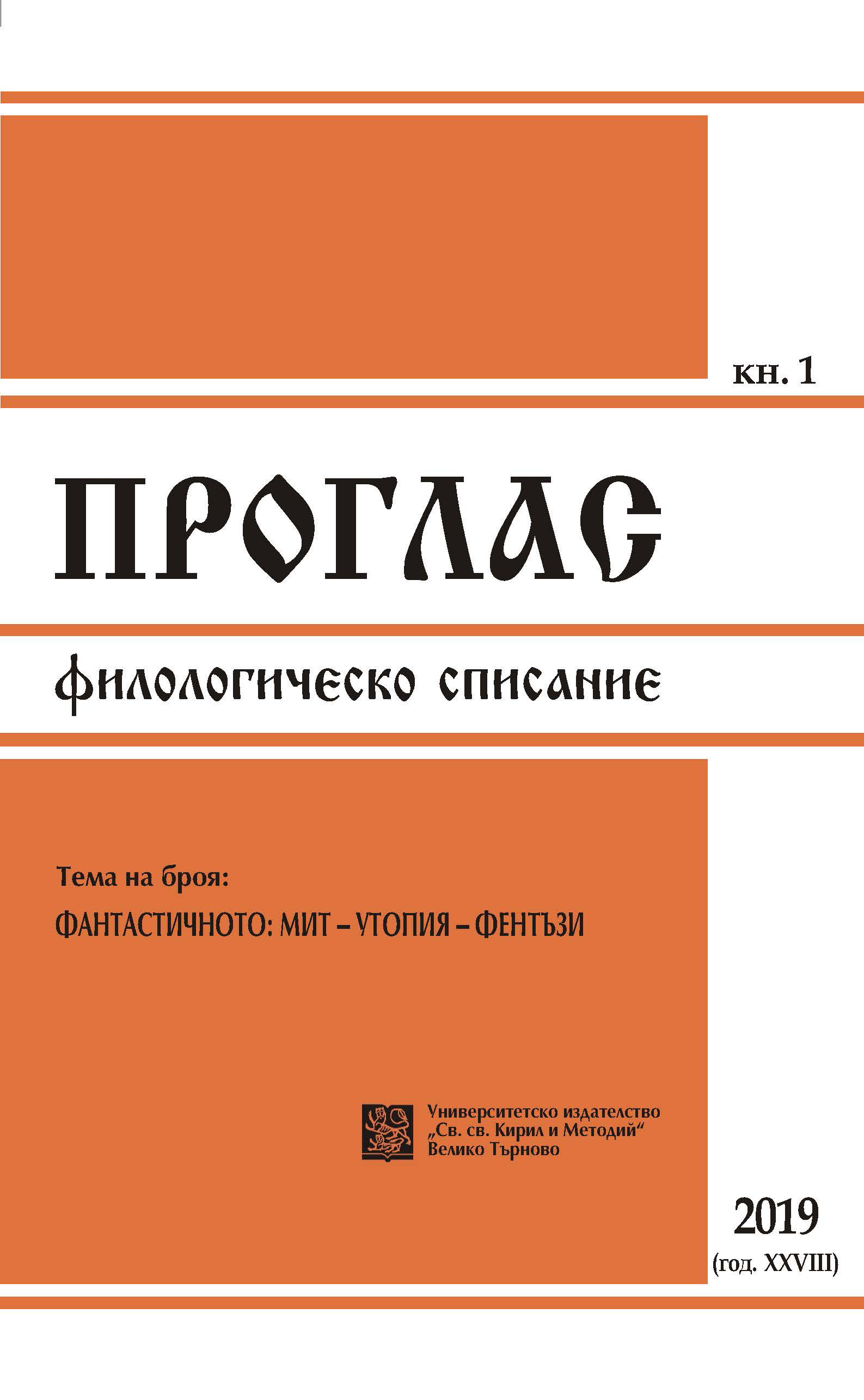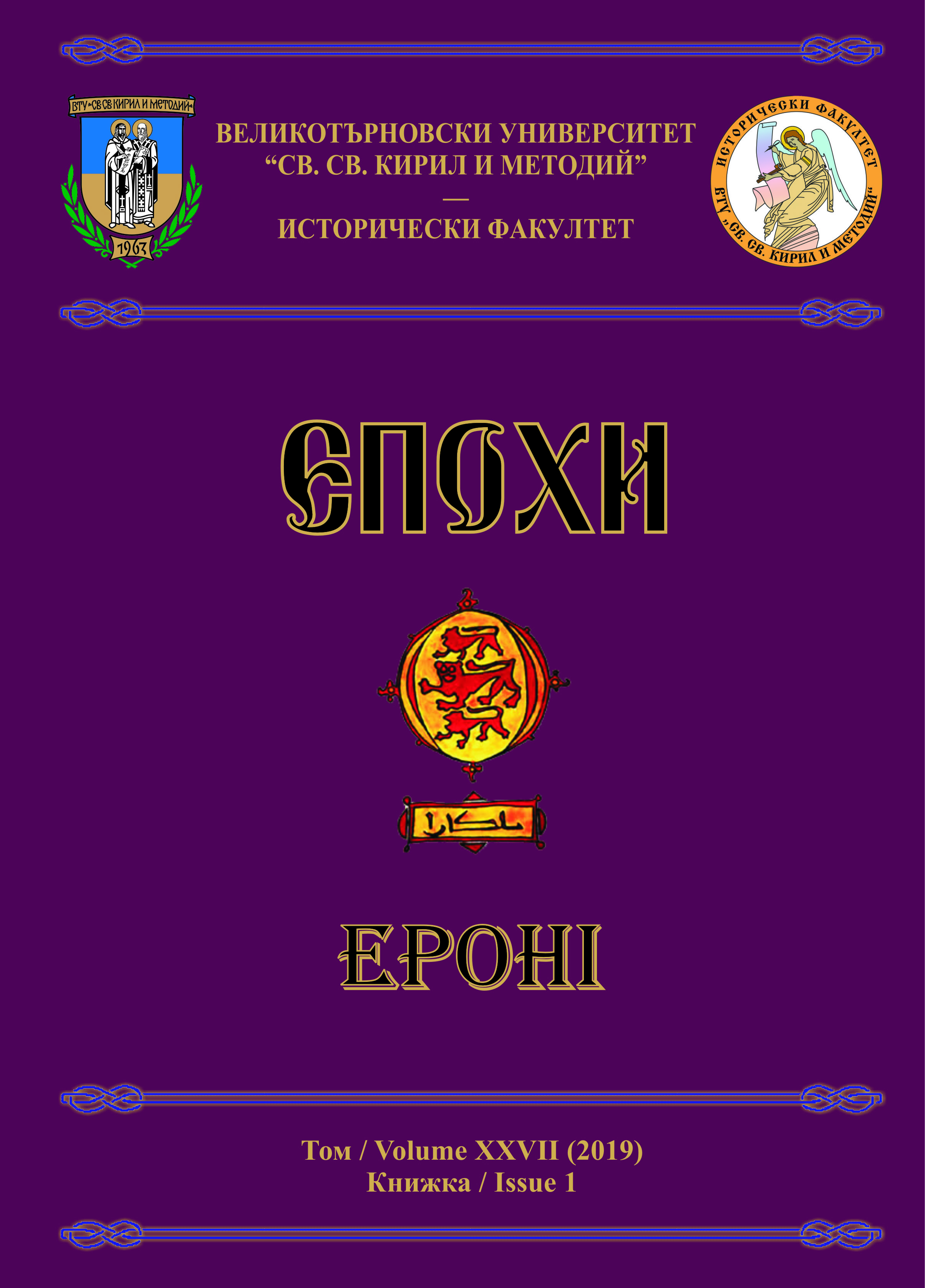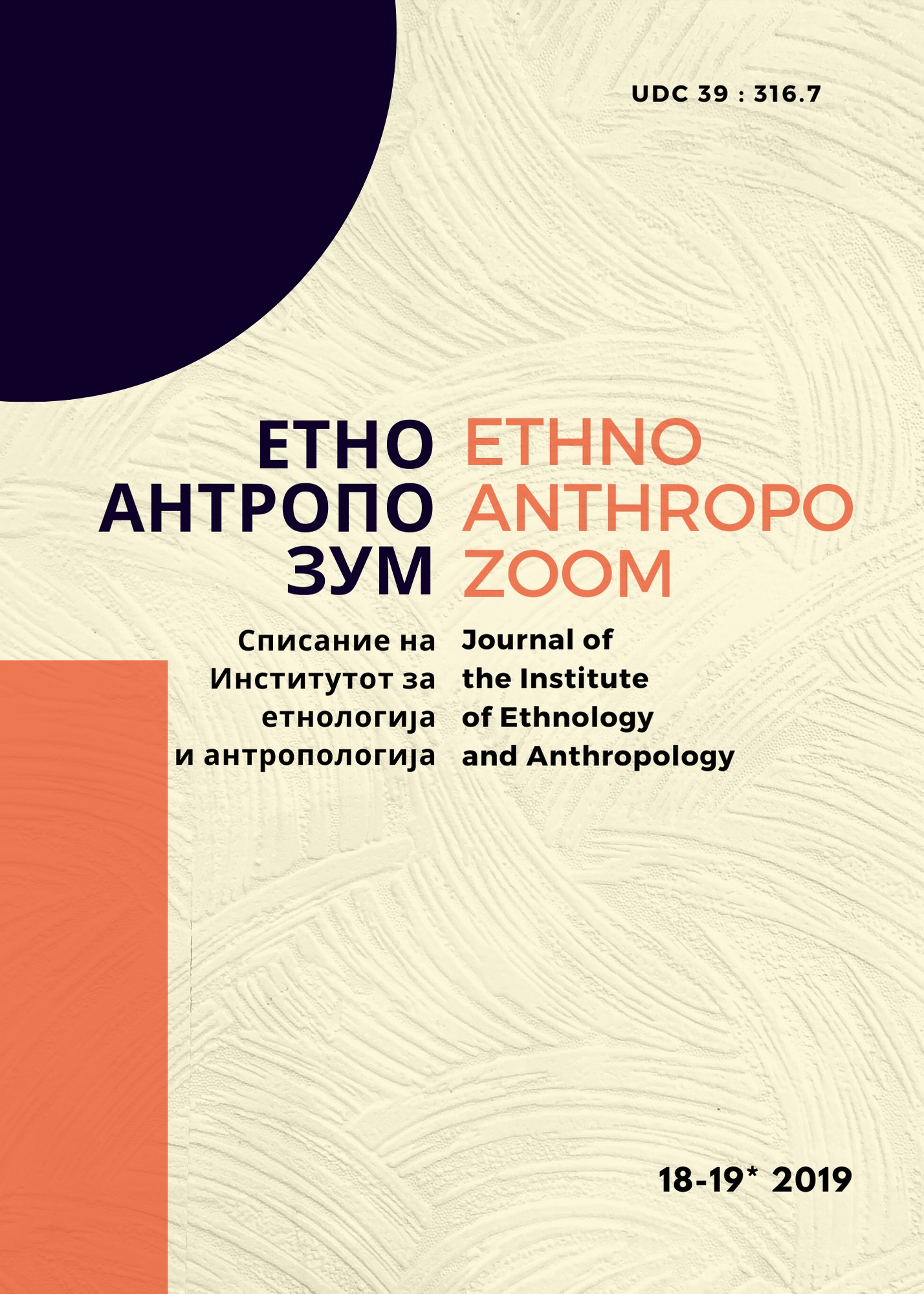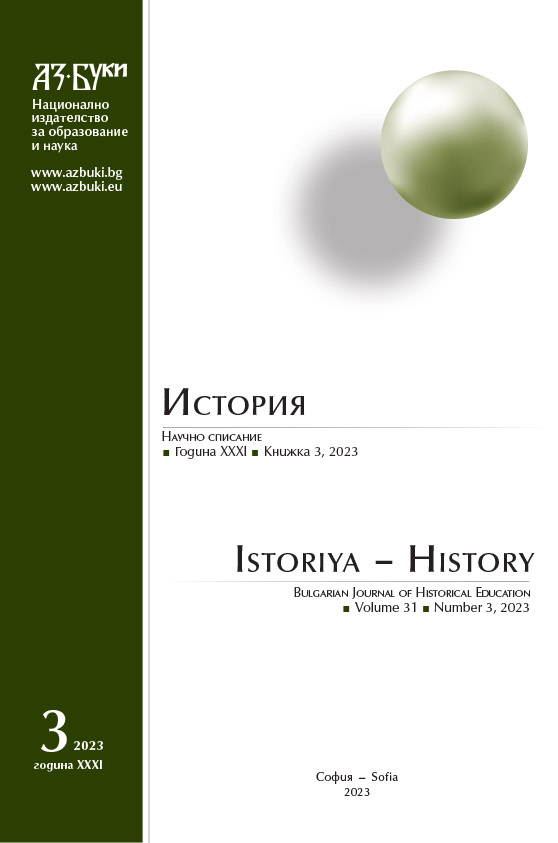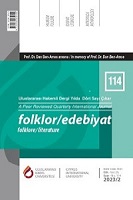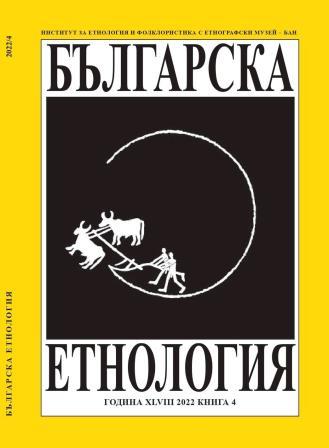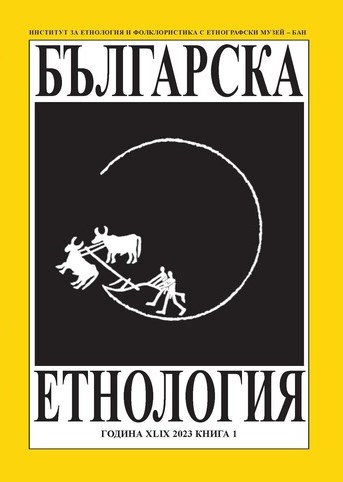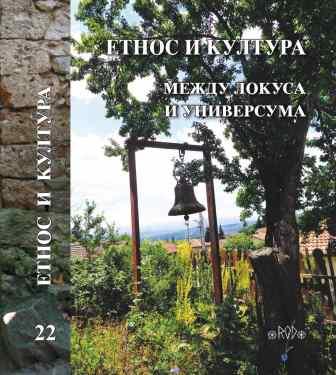Author(s): Hatice Köroğlu Türközü / Language(s): Turkish
Issue: 114/2023
Pansori (판소리), one of the important products of Korean Culture, is the exhibition of a story accompanied by song and music in public places. There are three elements in Pansori performance as singer/narrator, drummer and audience. The singer/narrator is central to the Pansori performance with his narration and body language, while the drummer plays a complementary role in the performance by providing rhythm and singing encouraging words to add excitement to the performance. What makes the Pansori interesting is that the audience also takes part in this performance. During the performance of the artists, the audience occasionally cheers to express their support and appreciation for the artists. Pansori, one of the cultural elements of Korea, is included in the Intangible Cultural Heritage list of UNESCO under the title of “Oral Traditions and Expressions”. Pansori was registered as Korean intangible cultural heritage number five in 1964 and was designated as world cultural heritage by UNESCO in November 2003. Although twelve of classical Pansori works are mentioned in Korean Culture, only five of them have reached today. It is possible to examine Pansori in the fields of music, theater and literature when we consider the elements such as music, fiction/story, audience and the audience accompanying the performers in the content of Pansori. Pansori started anonymously and continued by professional artists. In this study, besides looking at the place of Pansori, the Cultural Heritage of Korea, in Korean culture, its emergence, development and current situation are briefly mentioned. The aim of the study is to introduce an important Korea’s cultural heritage in Turkey, to reveal its importance in Korean culture and set the basis for future comparative studies. Keywords: pansori, sorikkun, Korean cultural heritage, Korean literature, Korean theather Pansori (판소리), one of the important products of Korean Culture, is the exhibition of a story accompanied by song and music in public places. There are three elements in Pansori performance as singer/narrator, drummer and audience. The singer/narrator is central to the Pansori performance with his narration and body language, while the drummer plays a complementary role in the performance by providing rhythm and singing encouraging words to add excitement to the performance. What makes the Pansori interesting is that the audience also takes part in this performance. During the performance of the artists, the audience occasionally cheers to express their support and appreciation for the artists. Pansori, one of the cultural elements of Korea, is included in the Intangible Cultural Heritage list of UNESCO under the title of “Oral Traditions and Expressions”. Pansori was registered as Korean intangible cultural heritage number five in 1964 and was designated as world cultural heritage by UNESCO in November 2003. Although twelve of classical Pansori works are mentioned in Korean Culture, only five of them have reached today. It is possible to examine Pansori in the fields of music, theater and literature when we consider the elements such as music, fiction/story, audience and the audience accompanying the performers in the content of Pansori. Pansori started anonymously and continued by professional artists. In this study, besides looking at the place of Pansori, the Cultural Heritage of Korea, in Korean culture, its emergence, development and current situation are briefly mentioned. The aim of the study is to introduce an important Korea’s cultural heritage in Turkey, to reveal its importance in Korean culture and set the basis for future comparative studies.
More...
